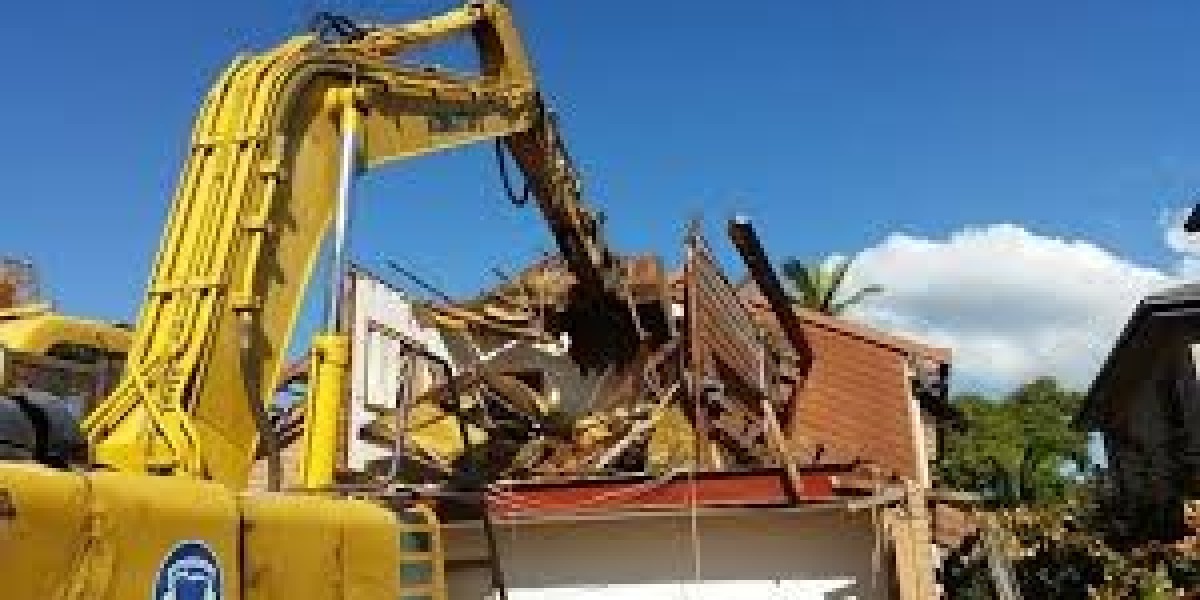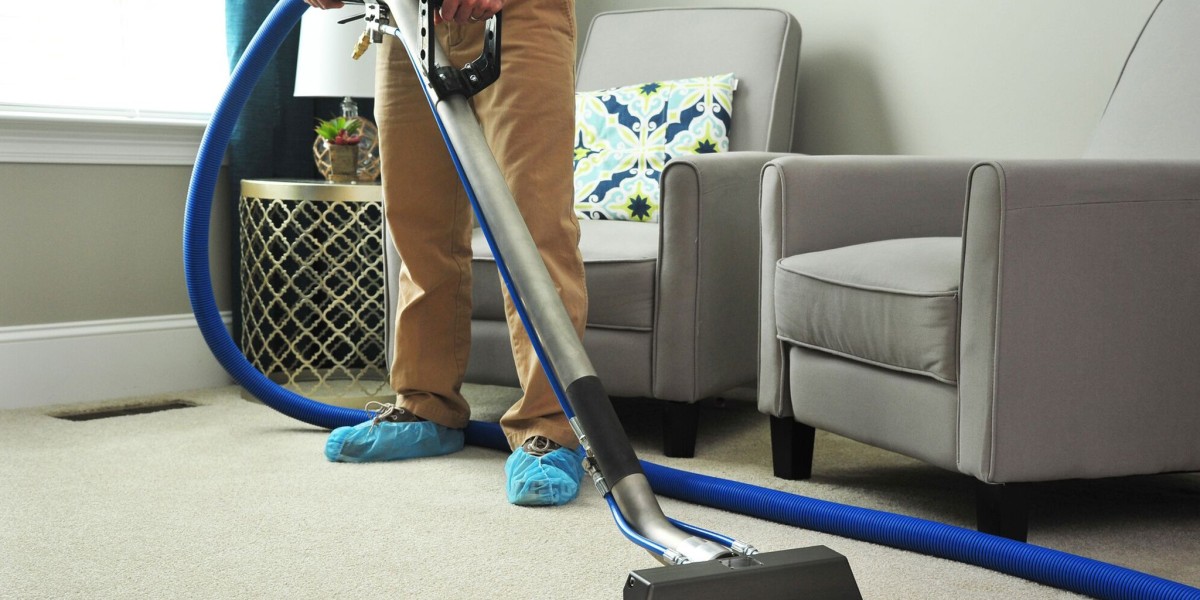Demolishing a house in Sydney is a significant undertaking that involves careful planning, regulatory compliance, and expert execution. Whether you're preparing for a new construction project, dealing with a structurally unsound building, or simply upgrading your property, understanding the House demolition Sydney is essential to ensuring a smooth and successful outcome.
Why Choose House Demolition?
House demolition is not just about tearing down structures. It’s a strategic process often driven by various needs:
Redevelopment: Many Sydney homeowners and developers demolish older properties to make way for modern homes, multi-unit dwellings, or commercial developments.
Structural Issues: If a building has sustained irreversible damage due to natural disasters, pests (like termites), or age, demolition might be the safest and most cost-effective option.
Compliance and Safety: Some buildings may no longer meet updated council or safety standards, necessitating their removal.
Asbestos Removal: Older homes in Sydney often contain asbestos, which requires professional handling and removal during demolition.
The Demolition Process in Sydney
1. Planning and Approval
Before any demolition can begin, you must obtain the necessary approvals. This often includes:
Development Application (DA): Required from your local council unless the project qualifies as complying development.
Complying Development Certificate (CDC): For projects that meet predefined criteria, this can be a faster alternative to a DA.
Asbestos Inspection Report: Mandatory if asbestos is suspected.
Notification to Neighbors: Depending on the project, you may need to inform adjoining property owners.
2. Site Assessment and Preparation
A professional demolition company will assess the site for hazards, utilities, and accessibility. Preparation includes:
Disconnecting water, gas, electricity, and sewage
Erecting temporary fencing and signage
Removing salvageable materials or hazardous waste
3. Asbestos Removal
Asbestos is common in pre-1990 Sydney homes. Licensed asbestos removalists must handle and dispose of it safely, in accordance with WorkSafe NSW regulations.
4. Structural Demolition
This is the main phase, involving the physical dismantling of the house. Techniques vary based on the structure and access but may include:
Mechanical Demolition: Using excavators, bulldozers, and other machinery
Deconstruction: A more manual, eco-friendly approach that preserves reusable materials
Controlled Demolition: For complex or multi-storey structures
5. Waste Management and Site Cleanup
Post-demolition cleanup involves the removal of debris, recycling of materials like metal and concrete, and safe disposal of hazardous waste. A clean site is left behind, ready for the next stage of development.
Choosing a House Demolition Contractor in Sydney
Selecting the right demolition company is critical to the success and safety of your project. Here are key factors to consider:
Licensing and Insurance: Ensure the company is licensed with NSW Fair Trading and carries full public liability and workers’ compensation insurance.
Experience: Choose a contractor with proven experience in residential demolitions and familiarity with Sydney's council regulations.
Asbestos Handling Capabilities: Especially important for older homes.
Transparent Quotes: Look for detailed quotes that outline all costs, including council permits, utility disconnections, and waste removal.
Safety Record: Review their safety procedures and past incidents, if any.
House Demolition Costs in Sydney
The cost of house demolition in Sydney typically ranges between $15,000 to $40,000, depending on several factors:
Size and Type of Building: Larger homes or multi-storey dwellings cost more to demolish.
Access and Location: Sites with restricted access or located in high-density areas may incur additional costs.
Asbestos Presence: Asbestos removal can significantly increase costs.
Waste Disposal Fees: These vary depending on the volume and type of waste generated.
It’s advisable to obtain multiple quotes and assess inclusions carefully.
Environmental Considerations
Sustainability is an increasing priority in Sydney’s construction industry. Many demolition companies now emphasize:
Material Recycling: Reusing bricks, timber, metals, and even concrete.
Dust and Noise Control: Mitigating impact on surrounding areas.
Eco-Friendly Practices: Reducing the carbon footprint of demolition activities.
You can also consult the Green Building Council of Australia for guidance on sustainable demolition and construction practices.
Final Thoughts
House demolition in Sydney is more than just a technical task—it's a regulated, strategic, and often necessary process that opens the door to transformation. By understanding the legal requirements, choosing the right contractor, and planning thoughtfully, you can ensure your demolition project is safe, efficient, and cost-effective.








